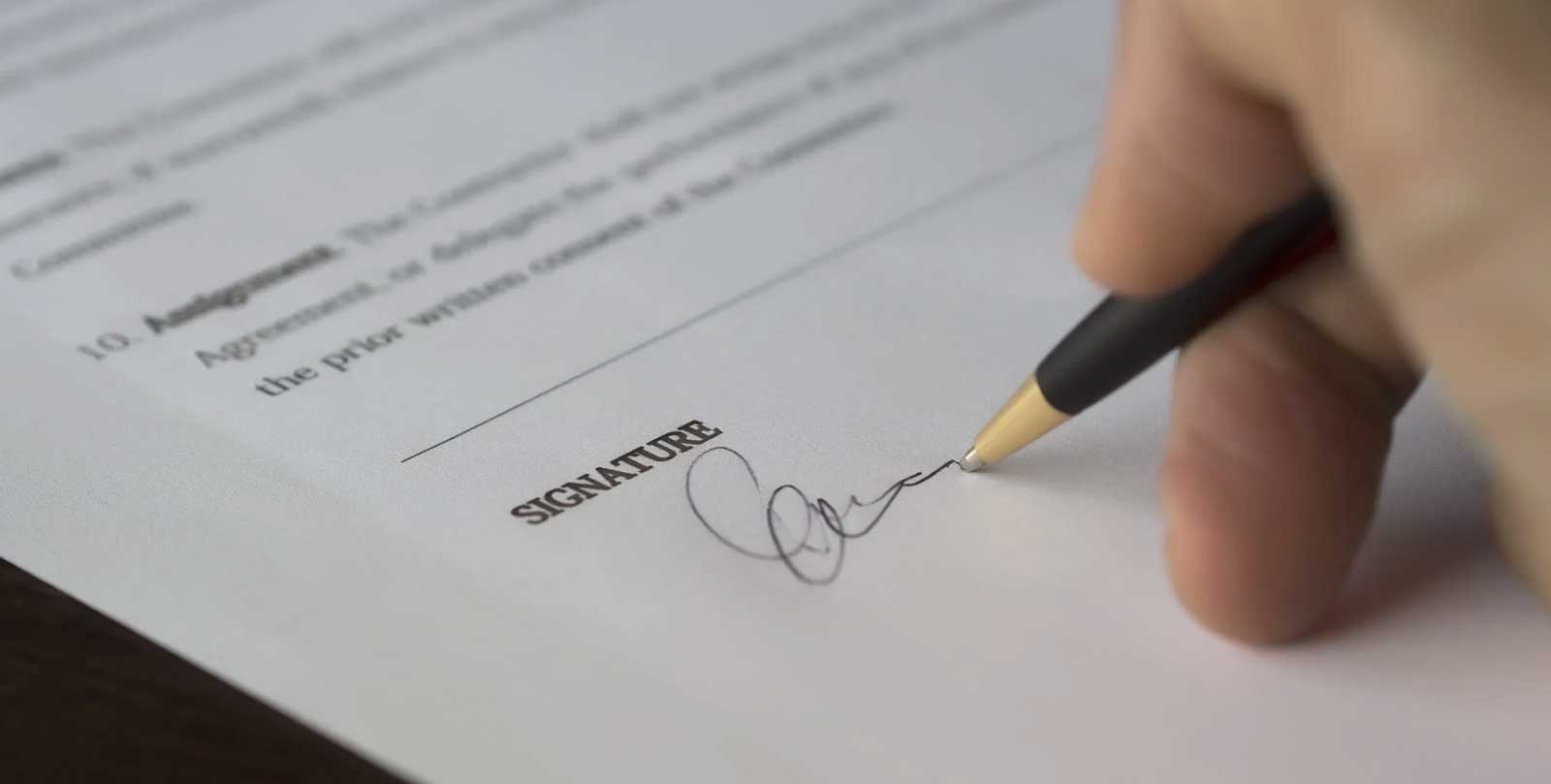MALAYSIAN LAW - LETTER OF DEMAND
- What is a letter of demand?
- A letter of demand aka notice of demand is a document issued to give formal notice of your demands and that you are considering a legal action should the recipient fails to comply with it.
- Letters of demand although most commonly used to demand payment of money, it is also suitable to demand some particular action either to do something or prohibit certain actions. For example a demand to vacate a premise or a demand to cease constant nuisance despite verbal warnings.
- Why a letter of demand?
- First, it lays down the foundation and background of your claim against the recipient. It sets out precisely the terms and basis of your demands.
- You are able to gauge the recipient's response. you may receive a reply, negotiating a settlement, or outrightly ignore in any circumstance, it will provide you with saving cost.
- Should the recipient and yourself be able to achieve a consensus there will be no need to proceed with a court action and thereby saving cost.
- It serves as a record of your demand/claim against the recipient and could be tendered as evidence in court should the need arises.
- Precedence shows that the Malaysian courts in certain cases deem a failure to reply a letter of demand as fatal. In simple language, the fact that a recipient's failure to reply/respond to a letter of demand could potentially bar a recipient to argue the claim during a court action. The reasoning behind that is that the recipient had the opportunity to dispute the claim at the first possible instance but chose to ignore it.
- In the case of PECD Construction Sdn Bhd v Freehold Point Sdn Bhd, the Malaysian court referred to English position in regards to the failure to reply as follows:
Now there are cases - business and mercantile cases-in which the courts have taken notice that, in the ordinary course of business, if one man of business states in a letter to another that he has agreed to do certain things, the person who receives that letter must answer it if he means to dispute the fact that he did so agree.
- Who to issue a letter of demand?
- A letter of demand is not necessarily issued by a lawyer. Anyone can do it themselves, however it is prudent to have a lawyer to vet through or draft it before issuance.
- Why do we need a lawyer to issue a letter of demand then? To ensure the correct terms and the actual intention is properly worded. Poor drafting would result in the reader misinterpreting the contents of the letter. Thus the writer would have failed to convey its intention to the recipient.
- It is a final attempt for compliance. We have come across cases where a legal demand issued personally cannot achieve the results as compared to a legal demand by a law firm. Especially in a case of a corporate, since a legal action in court must be represented by a lawyer and therefore the letter of demand serves as a final attempt before filing the action in court.
- What should I do if I receive a Letter of Demand?
- You should reply the Letter of Demand at the soonest possible stating your position even if the letter itself is vexatious or frivolous to avoid a situation where silence equals to acceptance.
- Should you choose to negotiate a settlement or provide reasons to the demand, it is highly advisable that you consult a lawyer to prepare what we called as a without prejudice letter. A without prejudice letter is a privilege document that usually contains proposal to achieve settlement. The general rule is that a without prejudice letter is inadmissible in court but there are exceptions to the rule which is why we highly recommend seeking professional advice before
issuance.
- Common Q&A
- You should reply the Letter of Demand at the soonest possible stating your position even if the letter itself is vexatious or frivolous to avoid a situation where silence equals to acceptance.
- Should you choose to negotiate a settlement or provide reasons to the demand, it is highly advisable that you consult a lawyer to prepare what we called as a without prejudice letter. A without prejudice letter is a privilege document that usually contains proposal to achieve settlement. The general rule is that a without prejudice letter is inadmissible in court but there are exceptions to the rule which is why we highly recommend seeking professional advice before
issuance.


